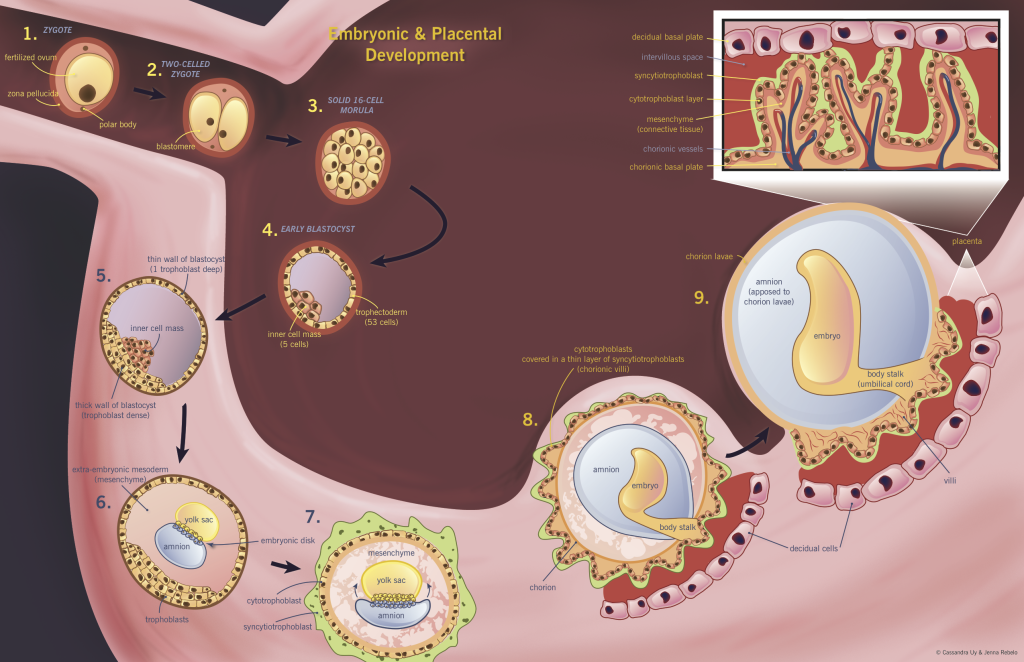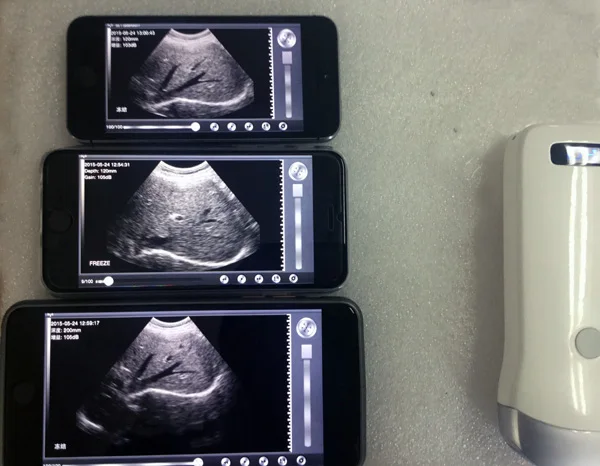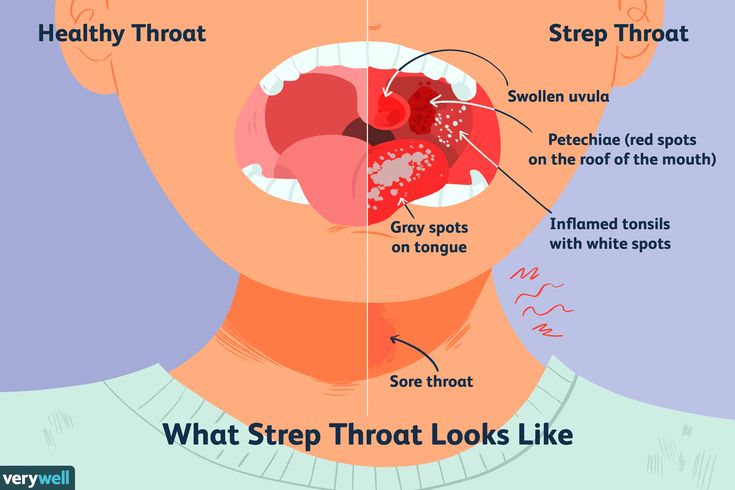Can a guy get pregnancy symptoms
Couvade Syndrome: All About Men’s Pregnancy Symptoms
You may have heard the term “sympathy weight,” referring to the extra pounds a father puts on during his partner’s pregnancy. And for some dads, the prospect of becoming a new father may go even further than weight gain. Men whose partners are expecting a baby may develop a range of emotional and physical symptoms of pregnancy known as couvade syndrome or sympathetic pregnancy.
What Is Couvade Syndrome (a.k.a. Sympathetic Pregnancy)?
Couvade syndrome or couvade is a term used to describe sympathetic pregnancy in men; the word couvade comes from the Breton word couver, which means to brood, hatch, or incubate. In this situation, some men experience symptoms that mimic those experienced by their partners during their pregnancies. Though it’s been studied by experts in different fields, couvade syndrome is not considered to be an actual disease or psychological condition.
Couvade has been linked by anthropologists to ritualistic behaviors practiced by ancient peoples. In these rituals, men pretended to be pregnant during their partners’ pregnancies and enacted similar experiences of being pregnant, including imitating labor and delivery.
Couvade as we know it today could be connected to the shifting perspectives on fatherhood and the more participatory role expectant dads may play during pregnancy and childbirth.
Couvade Syndrome and Shifting Perspectives on Fatherhood
Traditionally, the role of the father has been socially constructed as that of the provider and protector. During a partner’s pregnancy, fathers have often been relegated to that of the observer.
Nowadays, it’s common and even expected that a father take on a more prominent role in his partner’s pregnancy. This can include attending prenatal appointments and classes, taking part in childbirth, and even practicing skin-to-skin contact with his newborn soon after birth. It’s possible that as dads become more deeply involved in pregnancy, they become more conscious of any pregnancy-related symptoms they are experiencing themselves—contributing to a greater awareness of couvade syndrome.
It’s possible that as dads become more deeply involved in pregnancy, they become more conscious of any pregnancy-related symptoms they are experiencing themselves—contributing to a greater awareness of couvade syndrome.
Can Men Actually Experience Pregnancy Symptoms?
Since men can’t become pregnant, it’s natural to wonder whether men can actually have pregnancy symptoms, such as morning sickness, and if so, why do men get pregnancy symptoms?
It turns out that men can experience a number of pregnancy-related symptoms, both physical and psychological, as listed below. Some anecdotal evidence suggests that couvade may be a common phenomenon, but it’s not known for certain how many men have any symptoms or whether couvade is a physical condition with psychological causes, or something else.
One area of couvade syndrome research has focused on a man’s levels of empathy and sensitivity in general. Some studies have shown that sensitive male subjects with pregnant partners experience the physiological symptoms of pregnancy as a way to deal with the psychological distress of becoming a father.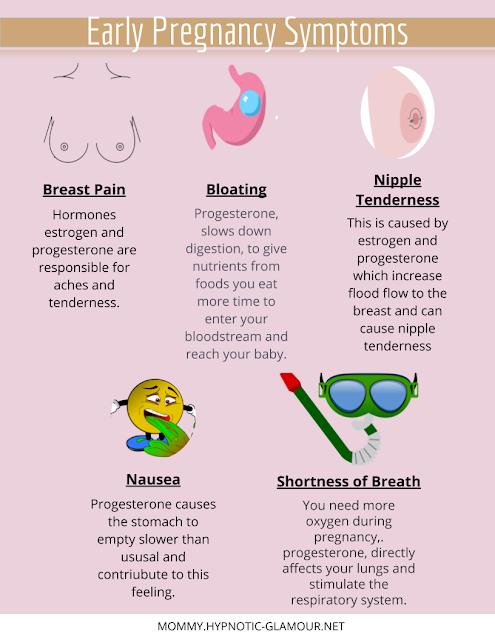 This type of empathy is called “compathy,” which refers to the symbiotic sharing of feelings, and, in the case of couvade syndrome, even the physical aspects like morning sickness.
Another theory is that men may develop pregnancy symptoms as part of a phenomenon called “loading.” This entails psychologically feeling and taking on the suffering of someone else—in this case the pregnant partner—and manifesting it physically. This could be a more likely scenario for first-time dads, who may be more anxious about the life-changing aspects of fatherhood; second-time fathers may find the experience completely different.
Hormonal changes in the expectant dad may also play a part in couvade syndrome, though the research thus far is inconclusive.
This type of empathy is called “compathy,” which refers to the symbiotic sharing of feelings, and, in the case of couvade syndrome, even the physical aspects like morning sickness.
Another theory is that men may develop pregnancy symptoms as part of a phenomenon called “loading.” This entails psychologically feeling and taking on the suffering of someone else—in this case the pregnant partner—and manifesting it physically. This could be a more likely scenario for first-time dads, who may be more anxious about the life-changing aspects of fatherhood; second-time fathers may find the experience completely different.
Hormonal changes in the expectant dad may also play a part in couvade syndrome, though the research thus far is inconclusive.
Symptoms of Couvade Syndrome
Physical signs and symptoms of sympathetic pregnancy (couvade syndrome in men) can include the following:
Nausea and/or vomiting
Intestinal problems such as abdominal pain, bloating, diarrhea, constipation
Heartburn
Changes in appetite
Weight gain or loss
Toothaches
Backaches
Skin problems
Leg cramps
Fainting
Weakness
Urinary or genital irritations.
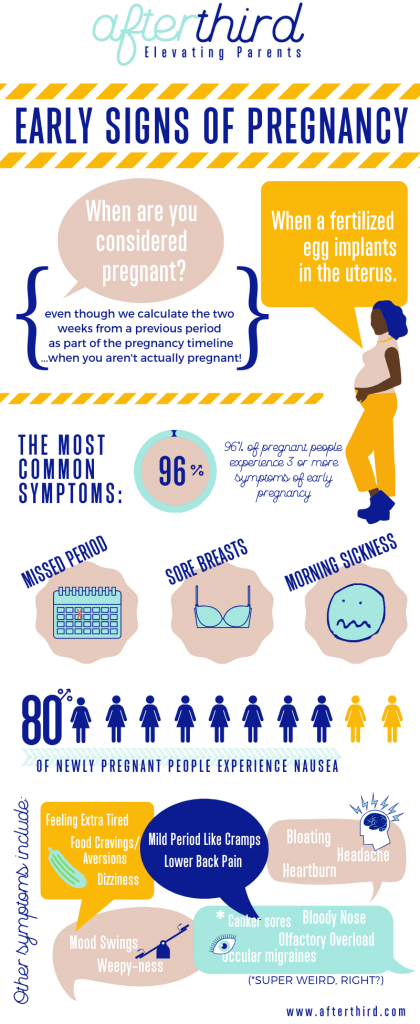
Psychological signs and symptoms of sympathetic pregnancy (couvade syndrome in men) can include the following:
Change in sleeping patterns
Anxiety
Depression
Reduced libido
Restlessness.
When Does Couvade Syndrome Start and How Long Do Symptoms Last?
Researchers have observed that the symptoms of couvade syndrome often emerge in men during their pregnant partner’s first trimester. The symptoms then are apt to disappear in the second trimester before reappearing in the third trimester, which is when the symptoms are at their worst. Couvade syndrome finally disappears once the child is born.
Is There Treatment for Couvade Syndrome?
There is no specific treatment for couvade syndrome, which, as mentioned above, is not considered a disease or recognized as a psychological condition. However, if you’re an expectant dad and have symptoms that mimic those of your pregnant partner—in other words, symptoms of couvade syndrome—there are ways to ease the symptoms. Taking the following steps during your partner’s pregnancy may help with some of the more challenging physical and emotional symptoms of couvade syndrome.
Taking the following steps during your partner’s pregnancy may help with some of the more challenging physical and emotional symptoms of couvade syndrome.
Prep yourself. This may involve attending a prenatal class with your pregnant partner and/or reading up on books, websites, or blogs on fatherhood.
Talk to someone. Have a conversation with your partner about parenthood. Speak to close friends and family about your inhibitions. They may give you some unsolicited advice, but it may be worth listening. Or, speak to a psychologist/therapist who can give you the tools to cope with your anxieties.
Plan ahead for the challenges. This may involve babyproofing the house in advance, or just mentally preparing yourself for the big change of being a father for the first time.
The Bottom Line
Despite there being little research on couvade syndrome, it’s a genuine concern for those men who develop any symptoms and experience a sympathetic pregnancy.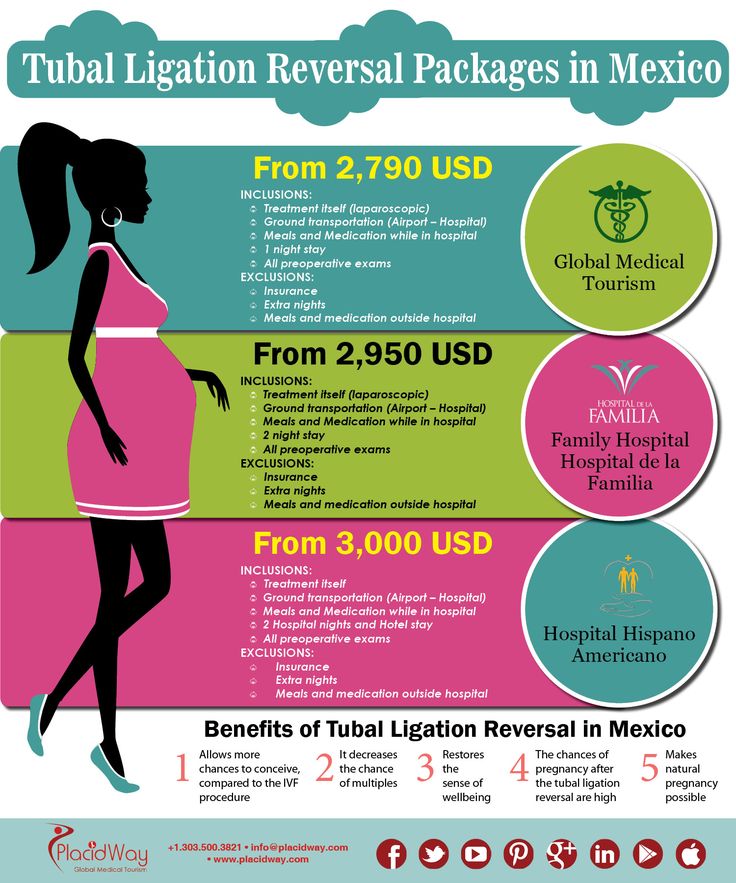 No matter what lies behind couvade syndrome, it’s a phenomenon that can affect expectant fathers, often first-time dads who are more likely to take on the anxieties of new fatherhood.
The symptoms of couvade syndrome include both psychological and physical conditions that may include aches, pains, nausea, bloating, anxiety, depression, and much more. The symptoms often appear during the pregnant partner’s first trimester, go away for the second trimester, and reappear in the third trimester. Symptoms are believed to disappear completely once the child is born.
If as a dad you are experiencing any of the characteristic symptoms of sympathetic pregnancy, or if you are being affected by couvade syndrome in any other way, speak to your partner, your family, or your healthcare provider. Sharing what you’re feeling and experiencing can make it better.
No matter what lies behind couvade syndrome, it’s a phenomenon that can affect expectant fathers, often first-time dads who are more likely to take on the anxieties of new fatherhood.
The symptoms of couvade syndrome include both psychological and physical conditions that may include aches, pains, nausea, bloating, anxiety, depression, and much more. The symptoms often appear during the pregnant partner’s first trimester, go away for the second trimester, and reappear in the third trimester. Symptoms are believed to disappear completely once the child is born.
If as a dad you are experiencing any of the characteristic symptoms of sympathetic pregnancy, or if you are being affected by couvade syndrome in any other way, speak to your partner, your family, or your healthcare provider. Sharing what you’re feeling and experiencing can make it better.
When Men Get Pregnancy Symptoms
Family
Couvade syndrome, in which men get pregnancy symptoms, remains a medical mystery. But the condition reveals how transformative fatherhood is—and how society misunderstands that.
But the condition reveals how transformative fatherhood is—and how society misunderstands that.
When Kevin Gruenberg’s wife was pregnant, he was anxious, irritable, and preoccupied with the thought that his stomach was growing. He kept thinking of a family story, from when his mother was pregnant with him, and his father gained weight in parallel. In 2014, three decades later, Gruenberg was having a similar experience, though it went beyond overeating. And although he is a psychologist in Los Angeles, he didn’t know where to turn for help.
Gruenberg, who today leads an organization that runs support programs for fathers called Love, Dad, felt brushed off by his friends. Discouraged and alone, he began to research couvade syndrome, in which men experience pregnancy symptoms. It was, he said, something that he “definitely felt psychologically and physiologically.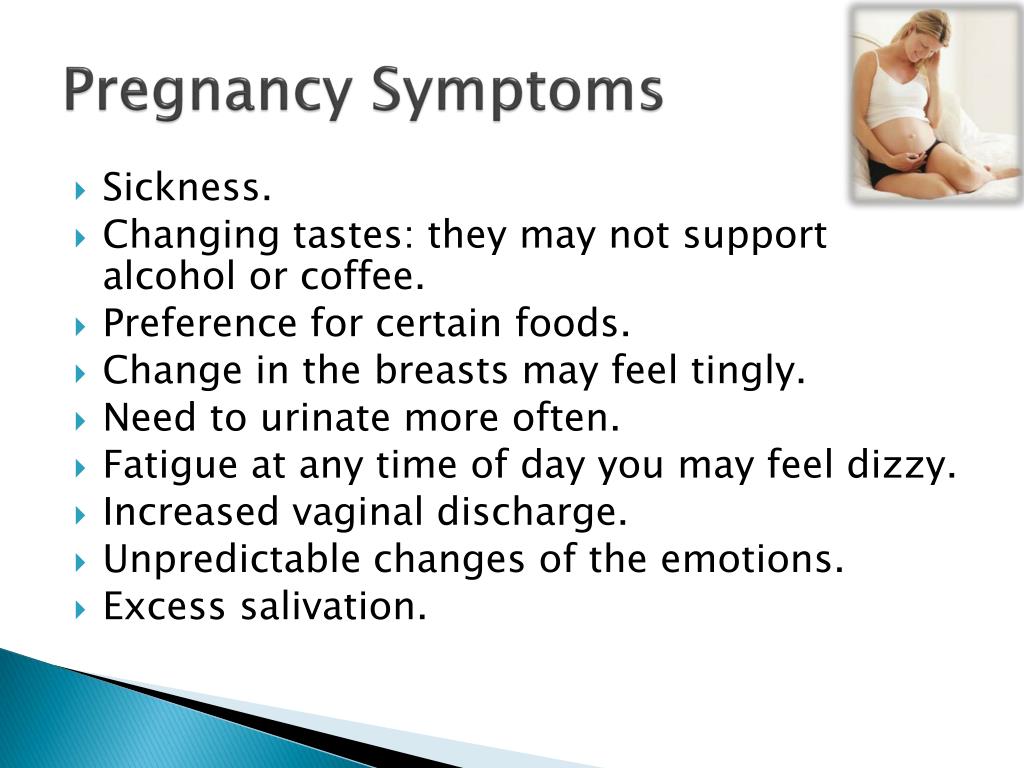 ”
”
The term couvade first appeared in a book by a British anthropologist, Edward Burnett Tylor, in 1865. It comes from the French word couver, to brood or hatch. In its earliest documentation in the scientific literature, male pregnancy symptoms were seen as purely psychosomatic. Today, the syndrome’s loose definition means its prevalence is hard to track. But couvade, as it is commonly referred to, has appeared in the United States, China, Thailand, and other countries, according to Arthur Brennan, a British labor-and-delivery nurse turned lecturer at Kingston University, in the United Kingdom.
Brennan first became interested in couvade when he was completing his master’s degree. He had heard anecdotal reports from dads about “phantom pregnancy” and read a paper about the topic, then decided to research it. In 2007, he published a small study of 14 men at a teaching hospital in London. The fathers-to-be experienced a variety of ailments, including stomach problems, appetite issues, and various aches.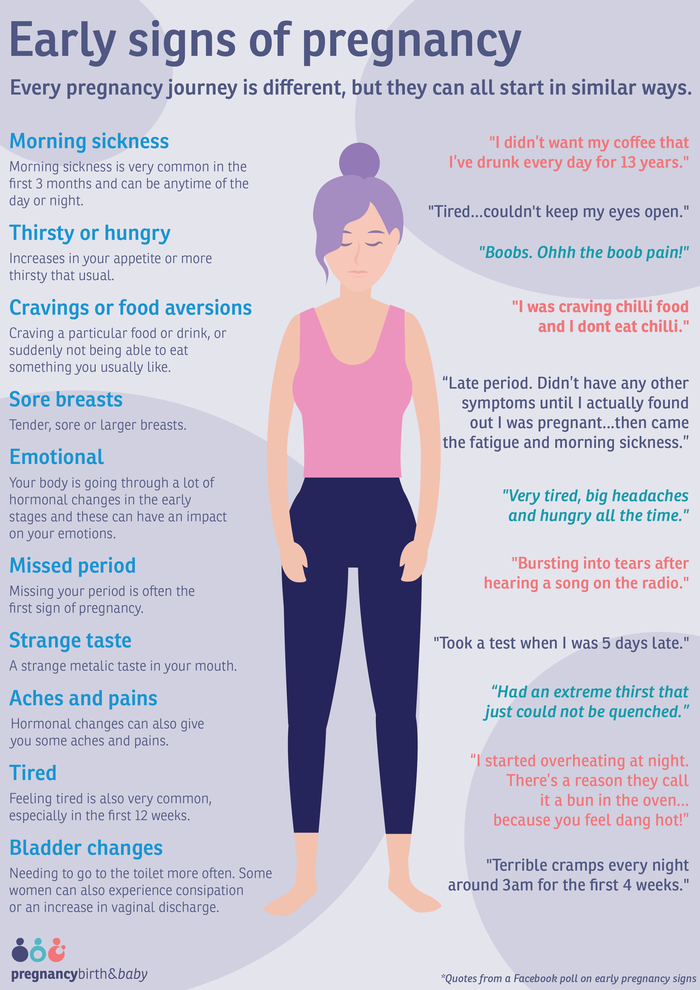 Many of them reported their symptoms happening in conjunction with a partner’s.
Many of them reported their symptoms happening in conjunction with a partner’s.
“I was throwing up and retching a lot and couldn’t keep anything down,” one man reported. “I was constantly hungry all the time and had an unstoppable craving for chicken kormas and poppadams. Even in the early hours of the morning, I would get up and prepare myself one,” another subject said. In this paper and in subsequent research, the symptom list has seemed to include almost everything: diarrhea, constipation, leg cramps, a sore throat, depression, insomnia, weight gain, weight loss, tiredness, toothaches, sore gums.
The symptoms also seemed to follow a pattern similar to a physical pregnancy: peaking during the first and third trimesters, and in many cases disappearing after the birth of the child. Some symptoms didn’t appear at all in the beginning; some continued postpartum. Regardless of when couvade arrived, it seemed to carry a stigma. “In the U.K., it appears that the syndrome arouses little interest and men who display its symptoms are usually ignored, ridiculed or remain undiagnosed,” Brennan wrote.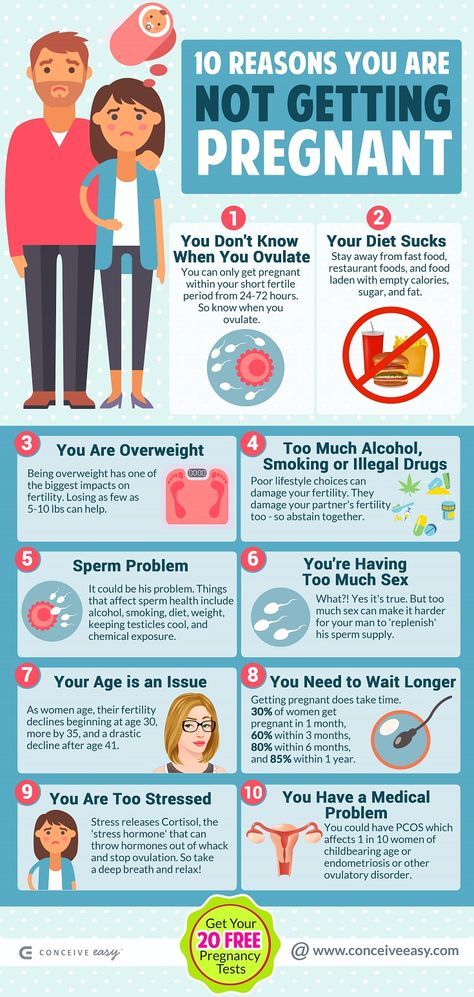
Yet the symptoms keep appearing. In 2019, during his wife’s second pregnancy, an NBA player for the Washington Wizards, Bradley Beal, went public about how food cravings and weight gain left him drained and ashamed when his partner was pregnant. “I was up at 3, 4 o’clock in the morning eating ice cream when I shouldn’t have been eating ice cream,” Beal told NBC. “That’s all because momma was pregnant and I had the exact same symptoms.” Men also post similar experiences on Reddit’s r/predaddit forum. “There are days that I wake up violently ill and I can’t keep anything down all morning,” one poster wrote. “I don’t feel sick otherwise, just the vomiting. So much vomiting … Maybe it’s all in my head.” In 2016, Karlos Williams, an NFL player for the Buffalo Bills at the time, said he had been slowed down by extra weight gain after the birth of his fourth child. He attributed his poor in-game performance to “the injury of pregnancy.”
A lot of fringe theories have been put forward to explain couvade.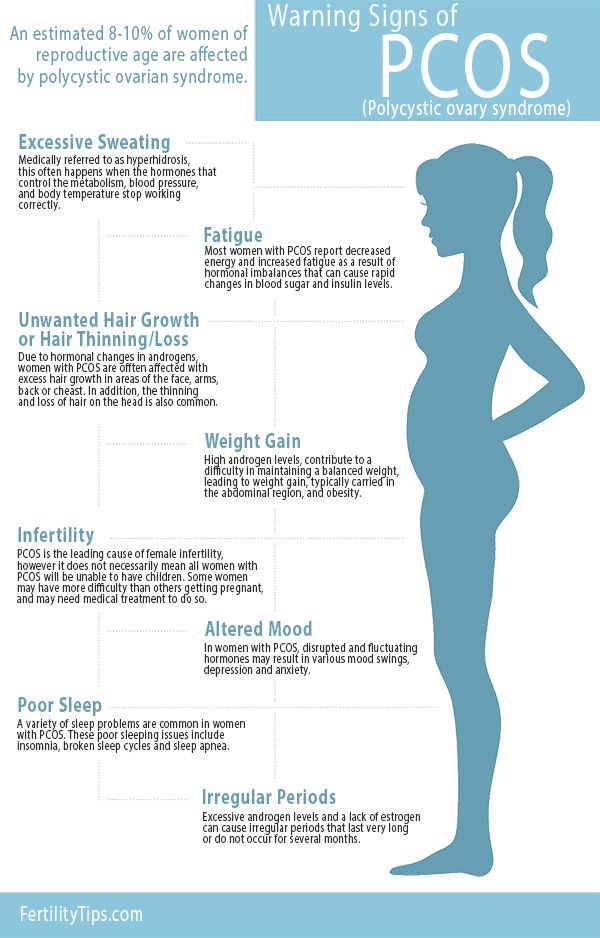 There’s the Freudian one: pregnancy envy. And the psychosocial explanation: the marginalized father clamoring for attention. But these men know that they are not really pregnant. The enduring mystery of their symptoms reveals something deeper: Becoming a father changes a man’s identity, emotions, even hormones. Our society misunderstands that transformation.
There’s the Freudian one: pregnancy envy. And the psychosocial explanation: the marginalized father clamoring for attention. But these men know that they are not really pregnant. The enduring mystery of their symptoms reveals something deeper: Becoming a father changes a man’s identity, emotions, even hormones. Our society misunderstands that transformation.
Consider the moment a child is born and how far hospital norms have changed from fathers staying outside the delivery room. “For so much of human history, men were basically barred,” says Darby Saxbe, a psychology professor at the University of Southern California who studies families. Now fathers are there for delivery; they have skin-to-skin contact with the newly born baby to bond.
But some outdated gender assumptions persist in society. “We celebrate a vision of men as high-testosterone and aggressive and manly, and that’s inconsistent with the parenting role,” Saxbe told me. Men don’t always think to tell their doctors that they have become fathers, and medical forms don’t always ask.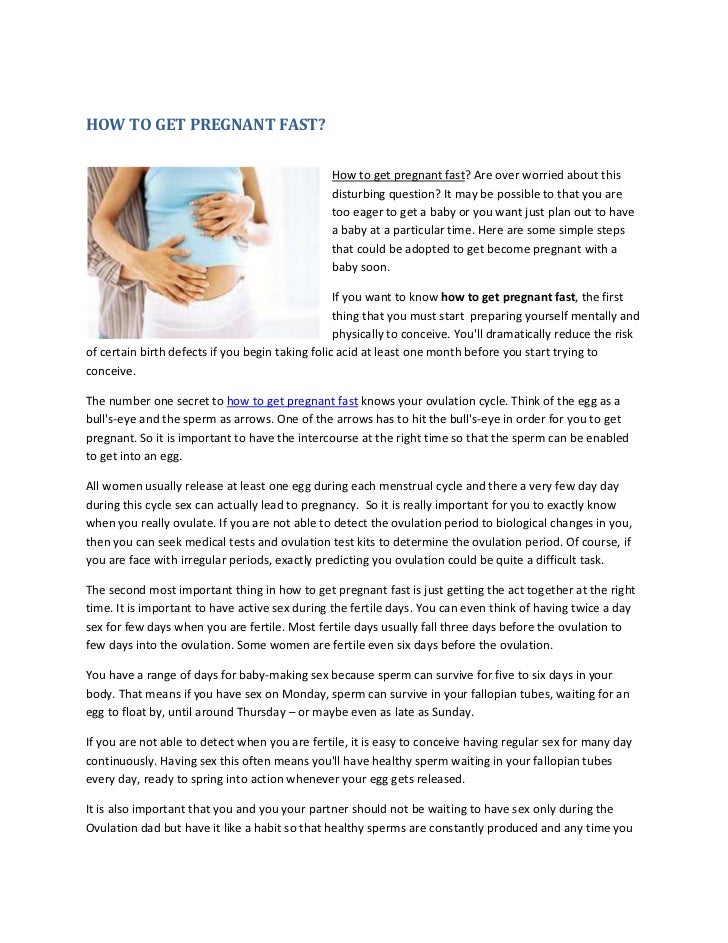 Male experiences with postpartum depression (an under-explored condition in men that has no clear definition) might be brushed off as the normal anxieties of a new dad.
Male experiences with postpartum depression (an under-explored condition in men that has no clear definition) might be brushed off as the normal anxieties of a new dad.
Fatherhood is physiologically transformative too. Research by Saxbe shows that becoming a dad is associated with declines in men’s levels of testosterone, and those declines are linked with greater paternal investment. Hormonal changes could explain fathers’ weight gain as well as their pre- and postnatal depression. (Still, whether hormones create these effects or vice versa is unclear; the research is in its early stages.)
Multiple academics I spoke with seemed skeptical about some of the more extreme symptoms of couvade—the ones that are more frequently caricatured in pop culture—such as a large swollen belly and labor pains. But they felt that certain symptoms could be explained by hormone studies, for a simple reason: Our hormones generally sync up with other people in our environment. “Research on couvade has not been well substantiated,” Saxbe said.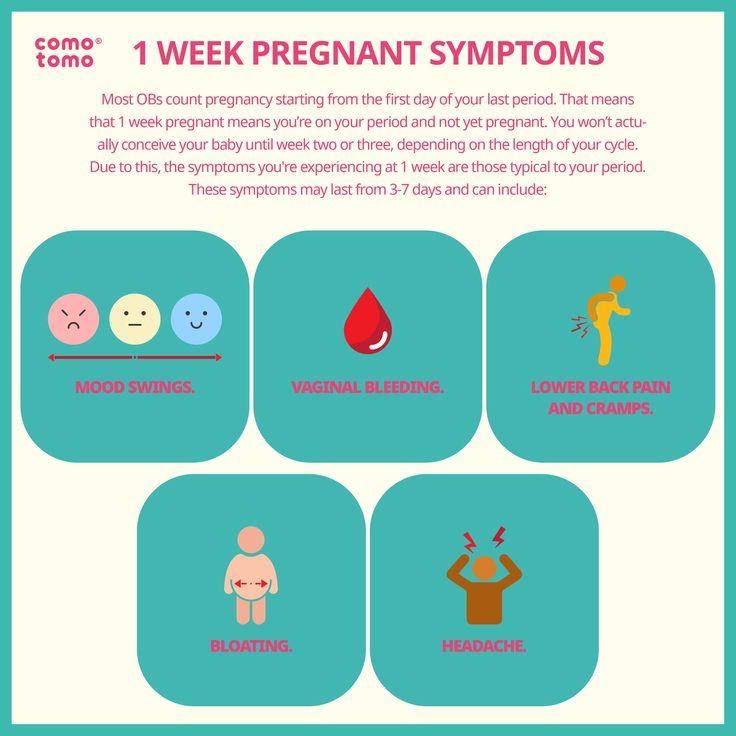 “I haven’t seen a ton of evidence of sympathetic pregnancy. What I do see are patterns of linkage [between partners’ psychological and physiological states],” she said.
“I haven’t seen a ton of evidence of sympathetic pregnancy. What I do see are patterns of linkage [between partners’ psychological and physiological states],” she said.
Brennan thinks hormonal study could be the most fruitful research area for trying to explain couvade. It stands to reason that if men’s testosterone levels drop, changes will occur in their body. “The hormonal components of the syndrome over the three trimesters of pregnancy for men would definitely benefit from further study,” he told me via email.
Another psychologist, Daniel Singley, who runs a therapy practice called the Center for Men’s Excellence that focuses specifically on men and couples, thinks that many couvade symptoms could also be explained by society’s approach to men’s mental health. “As a society, we punish men and boys for having depression or anxiety or really any sort of mental-health issues,” he told me. “Some men will somaticize and turn depression into ‘I just feel like there’s a heaviness on me or gastrointestinal problems.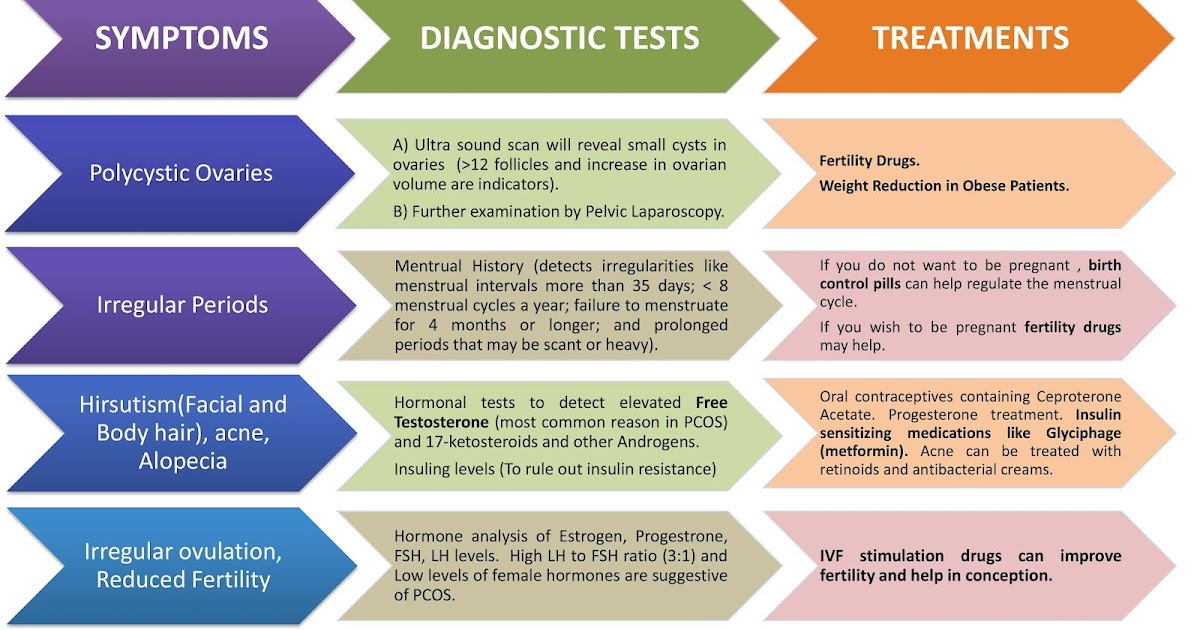 My stomach’s upset. I get migraines. I have muscle tension.’” After the birth of his own child, Singley experienced unwanted intrusive thoughts, which can be a hallmark of postpartum depression in women. Like many I spoke with, he then shifted his attention to helping other dads.
My stomach’s upset. I get migraines. I have muscle tension.’” After the birth of his own child, Singley experienced unwanted intrusive thoughts, which can be a hallmark of postpartum depression in women. Like many I spoke with, he then shifted his attention to helping other dads.
For their part, the men I spoke with who experienced couvade symptoms did not believe they were actually on the verge of bearing a child. Instead, they described being at sea from their own body and mind, with no one to turn to. Gruenberg, the psychologist, didn’t think there was any professional that could help him, and so he started his own support groups. Another man I spoke with in the U.K., Scott Mair, had difficulties in the run-up to the births of his seven children. During his wife’s pregnancies and postpartum, he experienced stomach pain as well as back, shoulder, and neck fatigue. He was tired and lost his appetite. He was sent to the hospital, and increased his pain-medication intake. Mair said he was seeing an excellent doctor, but the physician did not link these symptoms to his fatherhood experience.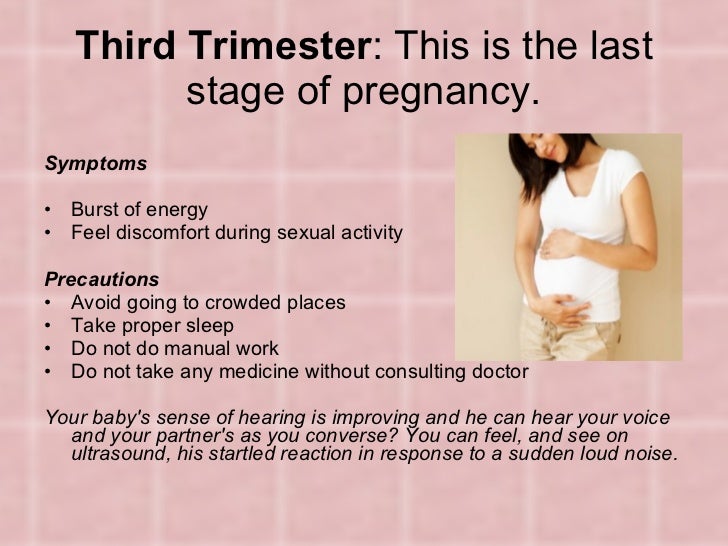 Only after the especially traumatic birth of his seventh child did he end up seeking help and finding someone who ran a workshop on postpartum depression for fathers.
Only after the especially traumatic birth of his seventh child did he end up seeking help and finding someone who ran a workshop on postpartum depression for fathers.
Years ago, a friend’s husband told me that, at the hospital when his wife was delivering, there were no resources for him: no food, no place for him to sleep, nobody speaking with him. I thought he was being selfish, seemingly upset that the woman’s pregnancy wasn’t all about him. But looking back, I think he was lamenting something real: that society was telling him that he had no place in the family.
As the research on couvade has developed, however, the syndrome is being reframed. Brennan thinks the stigma around it is changing in tandem with the role of fathers. “In recent years, there has been increasing interest in the syndrome and the importance of men taking a more active role in their partner’s pregnancy and preparation for it,” he said. “Indeed, those who exhibit the syndrome are now commonly perceived as being empathic towards their pregnant partners. ”
”
Some researchers are now hypothesizing that the more involved in child-rearing a father is, the more his mind and body might change. Lee Gettler, an anthropologist at the University of Notre Dame, has studied fathers across the world. He told me he suspects that changes in men’s testosterone levels as they become dads depend in part on cultural norms of fatherhood. Robin Edelstein, a psychologist at the University of Michigan who has studied hormones and fatherhood, has also wondered whether these hormonal changes occur in a feedback loop. In her research, the fathers who were most involved with child care had the lowest testosterone levels, and she theorized to me that the more time dads spend participating in child care, the lower their testosterone levels might go.
Speaking with researchers, I was struck by the expanded attention to and awareness of postpartum depression in men. Although Brennan told me that symptoms cross into the postnatal period, he is wary of lumping them together with couvade, but almost everyone else I spoke with saw the transition to fatherhood more holistically. In some ways this attitude shift seems to mirror what is happening in mothers’ health care, albeit with a long way to go: a gradually growing consideration for not just the pregnancy, but the postnatal period.
In some ways this attitude shift seems to mirror what is happening in mothers’ health care, albeit with a long way to go: a gradually growing consideration for not just the pregnancy, but the postnatal period.
If society sees parenting only as the domain of women, the act is undervalued as both a responsibility and a rite of passage for men too. “Increasing the dialogue around men’s experience and how transformative the experience is directly bears on women’s access to support,” Saxbe said. Saxbe has a paper under review about how women whose partners are allowed more parental leave have less stress and depressive symptoms.
Regardless of their symptoms, no man today is truly pregnant, with all the physical and psychological change that carrying a child entails. But, often seen throughout history as bystanders at best, and incompetent at worst, dads face higher expectations today. Viewed this way, a phantom pregnancy is neither empathy pain for a partner nor a subconscious attempt to hog the familial spotlight, but a physical surfacing of the dissonance between what a modern dad experiences and what society expects of him. Perhaps society will one day look back on the diagnosis of couvade, with its amorphous symptoms and psychosomatic roots, the way people retrospectively think of how doctors diagnosed women with hysteria. As society changes, our medical frameworks should too.
Perhaps society will one day look back on the diagnosis of couvade, with its amorphous symptoms and psychosomatic roots, the way people retrospectively think of how doctors diagnosed women with hysteria. As society changes, our medical frameworks should too.
Couvade syndrome or "pregnancy" of a man
If a man experiences the pregnancy of his wife, experiencing the same sensations as his wife, this is not love, but hysterical neurosis, which is called "couvade syndrome" . Valery Marilov, professor of the Department of Psychiatry and Medical Psychology at the Peoples' Friendship University of Russia, who has been observing patients with this disorder for 15 years, spoke about this disease in an interview with Medical Newspaper.
— What is couvade syndrome? nine0004
- The term used in the name of the disease comes from the French verb couver, which means "to hatch chicks." Couvade syndrome refers to a combination of psychogenic and psychosomatic disorders in young men who have pregnant wives.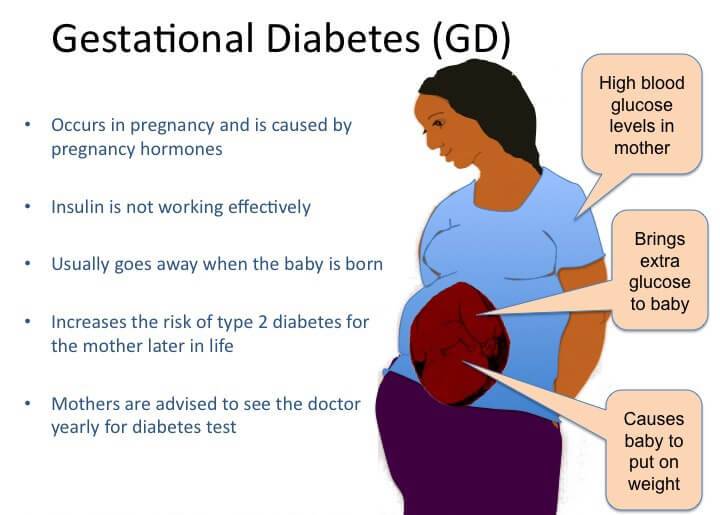 The clinic of pathological sensations of a young husband corresponds to what happens to his wife, who is expecting a child. If her appetite changes, her whole eating behavior changes, and the woman begins to eat inedible food, then her husband suffers the same. He feels the same pain that his wife experiences, for example, when the pelvic bones separate. nine0005
The clinic of pathological sensations of a young husband corresponds to what happens to his wife, who is expecting a child. If her appetite changes, her whole eating behavior changes, and the woman begins to eat inedible food, then her husband suffers the same. He feels the same pain that his wife experiences, for example, when the pelvic bones separate. nine0005
The main symptoms of the disease include: morning weakness, decrease, perversion or increase in appetite, almost daily nausea and vomiting - sometimes on an empty stomach, sometimes at the sight or smell of a certain food, frequent constipation or, conversely, diarrhea, stomach or intestinal colic , pain in the lower abdomen, which sometimes, by its nature and intensity, can even mimic an attack of appendicitis, pain in the lumbar region, psychogenic toothache, as well as the so-called pains of empathy or pains of sympathy. The latter are expressed in the fact that in the husband the sensation is localized in the same organ as in his pregnant wife.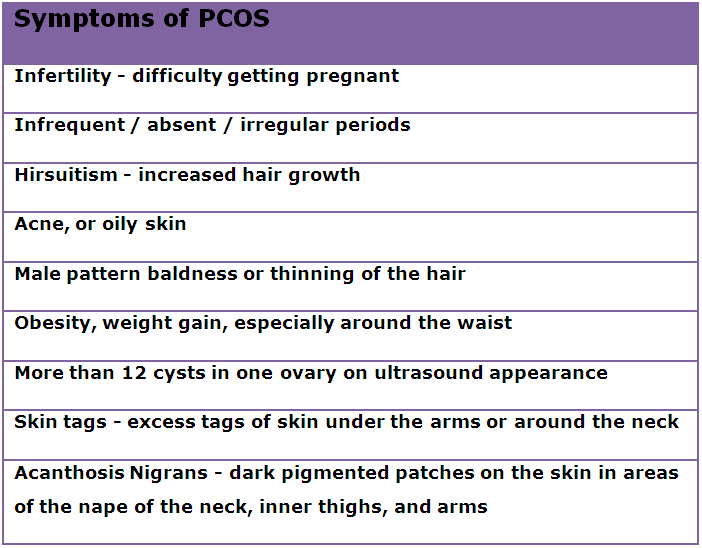 nine0005
nine0005
These symptoms are accompanied by emotional instability, increased irritability, depression, internal tension, insomnia, capriciousness, extreme egocentrism, intolerance, rejection of other points of view on a particular problem. Interestingly, the capriciousness of men with couvade syndrome far exceeds the "frivolity of desires" of actually pregnant women. Most often in this syndrome, the imitation of pregnancy discomfort refers to the digestive system, although the variations in relation to the involvement of one or another organ can be the widest. Not surprisingly, these men are sent to an infectious diseases or surgical clinic with suspected various diseases. nine0005
In the process of studying psychosomatic diseases of the gastrointestinal tract, we identified 9 cases of the classic couvade syndrome. They were initially misinterpreted as gastralgia or irritable bowel syndrome. Only a careful targeted history, as well as a chronological coincidence of symptoms in men with the corresponding manifestations in their pregnant wives, made it possible to exclude these diagnoses and stop at the diagnosis of couvade syndrome.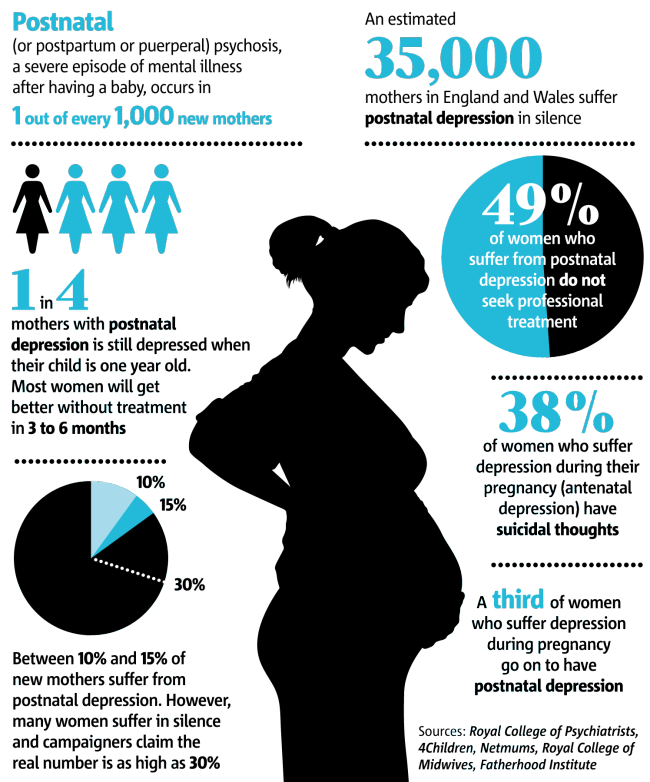
— When does the future father notice manifestations of this unusual illness? nine0004
- As a rule, in the third month of the wife's pregnancy, and they reach their peak by the ninth month. When childbirth occurs, the sensations in men are even more aggravated. Sometimes two discrete peaks are noted - at the third and ninth months with a relative reduction in symptoms between them. In a third of patients, the symptoms of the syndrome debut violently, but by the time of delivery it can completely disappear, in a third it disappears only after the birth of the child, gradually disappearing as the ruptures heal in puerperas and other postpartum complications stop. The severity of a man's condition depends on what he thinks about the birth of his wife. If he presents them with horror, then this horror will be experienced. A man constantly calls the maternity hospital, he will not calm down until he is told that everything is fine, his wife has a son or daughter. After that, dad's pain immediately stops. My wife's childbirth is over, and so is his! nine0005
My wife's childbirth is over, and so is his! nine0005
— What underlies the formation of the couvade syndrome?
- First of all, unconscious anxiety for the fate of his wife and unborn child and, to a certain extent, a kind of guilt towards his wife. Some psychoanalysts believe that a false pregnancy in a man is often a manifestation of his identification with his mother to atone for guilt before her. The kuvad syndrome is also associated with the ritual of the same name among some nationalities, in which the husband lies down in bed during the birth of his wife, refuses to eat, imitates childbirth with screams and various body movements, taking part of the pain on himself. This ritual was often used by medieval sorceresses, who transferred the pain of their wife to their husband, for which they quite often fell on the fire of the Inquisition. As for the anthropological significance of such a ritual, here the interpretation is very different - from the presence of reduced female reproductive organs in men to a kind of symbolic struggle against matriarchy.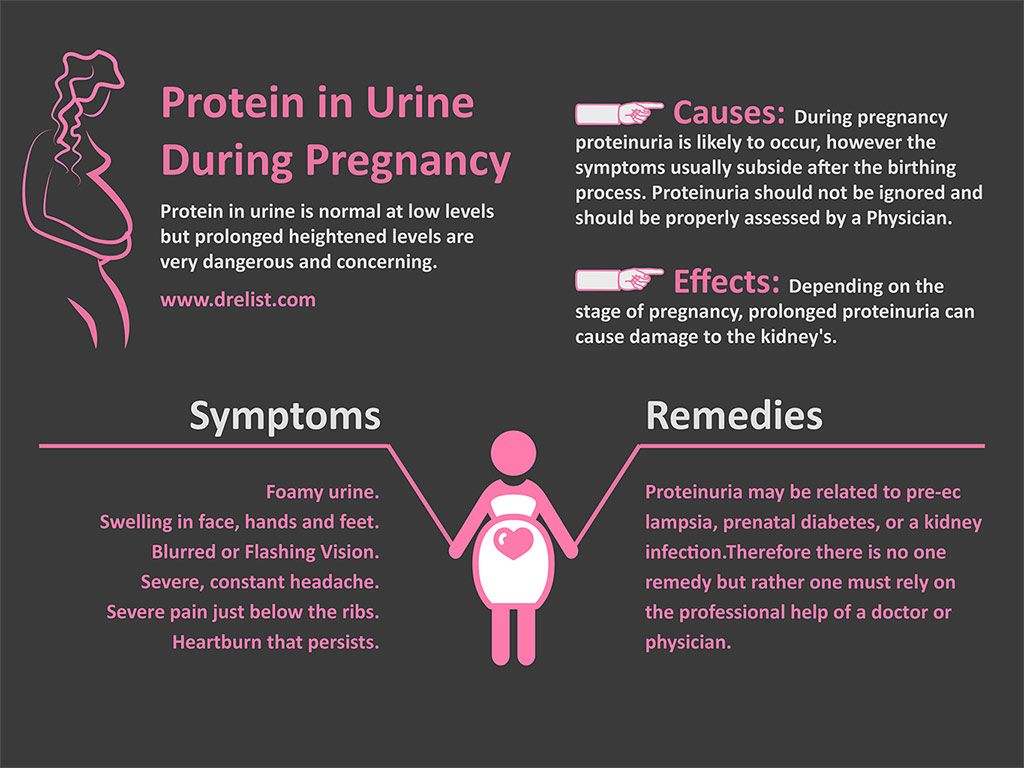 Couvade syndrome was described several centuries ago. According to foreign studies, 11% of men of childbearing age experienced this condition to one degree or another during their wife's pregnancy, that is, every ninth of future fathers had couvade syndrome. Individual symptoms of this pathology are even more common. For example, in the USA, an abdominal variant of the kuvad syndrome was detected in 40% of the surveyed men with pregnant wives. nine0005
Couvade syndrome was described several centuries ago. According to foreign studies, 11% of men of childbearing age experienced this condition to one degree or another during their wife's pregnancy, that is, every ninth of future fathers had couvade syndrome. Individual symptoms of this pathology are even more common. For example, in the USA, an abdominal variant of the kuvad syndrome was detected in 40% of the surveyed men with pregnant wives. nine0005
— Which men are susceptible to this disease?
- All the patients we observed were young people aged 21 to 27 who were in their first marriage and were expecting an addition to the family. One young man already had a child, and during his wife's first pregnancy, he also had manifestations of the couvade syndrome. The personality of all observed patients was of an infantile-hysterical warehouse with a high level of unregulated anxiety and a well-developed mechanism of psychological transference. That is why the discomfort of the wife's pregnancy was transferred in the form of symptoms of the kuwad syndrome to the husband, and this transfer was fueled by a huge, but unconscious sense of guilt towards the wife.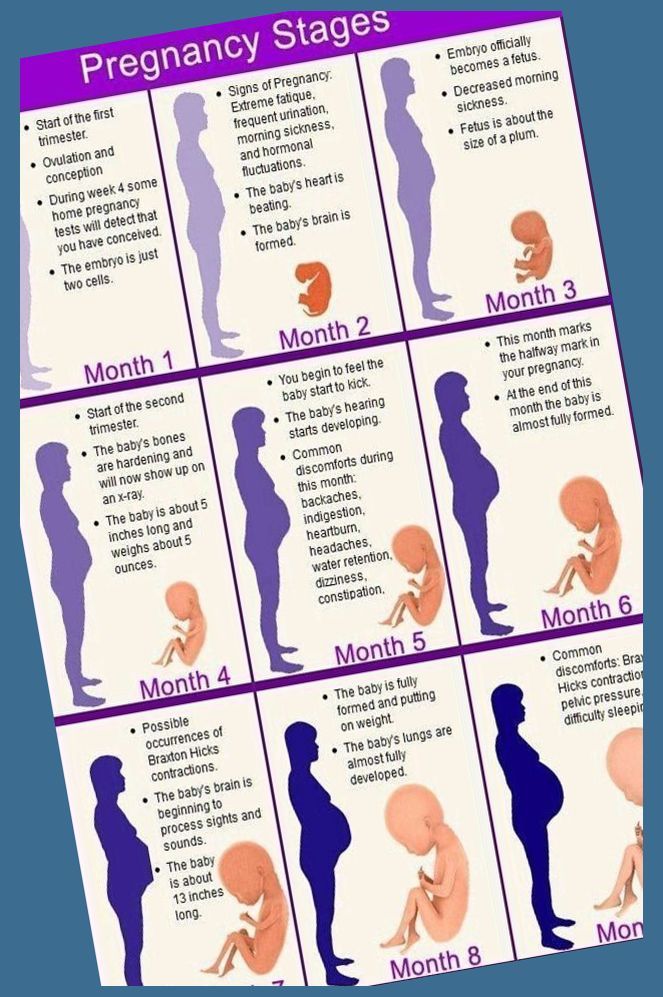 It is characteristic that all these men were brought up in purely matriarchal families, where the role of the father was reduced only to the function of procreation. The family was dominated and dictated by an imperious and decisive mother, a kind of Kabanikha, who did not even give an external possibility of the right to choose. In their assessments of certain circumstances, future patients were always focused only on the mother and did not even consider other options. They also married at the choice of their mother, while their wives in personal terms were almost copies of their mothers. Therefore, the patients themselves in the family have always been on the sidelines, not even allowing the thought of possible leadership. nine0005
It is characteristic that all these men were brought up in purely matriarchal families, where the role of the father was reduced only to the function of procreation. The family was dominated and dictated by an imperious and decisive mother, a kind of Kabanikha, who did not even give an external possibility of the right to choose. In their assessments of certain circumstances, future patients were always focused only on the mother and did not even consider other options. They also married at the choice of their mother, while their wives in personal terms were almost copies of their mothers. Therefore, the patients themselves in the family have always been on the sidelines, not even allowing the thought of possible leadership. nine0005
All patients had some kind of sexual dysfunction, mainly in the form of premature ejaculation, which caused them a certain inferiority complex. In one young man, among other things, emotional sensitivity, tearfulness, pain in the lower abdomen and heaviness in the lower back were present before the wife's pregnancy, coinciding chronologically with her premenstrual days (these phenomena were noted by the husband for 6 months before the wife's pregnancy).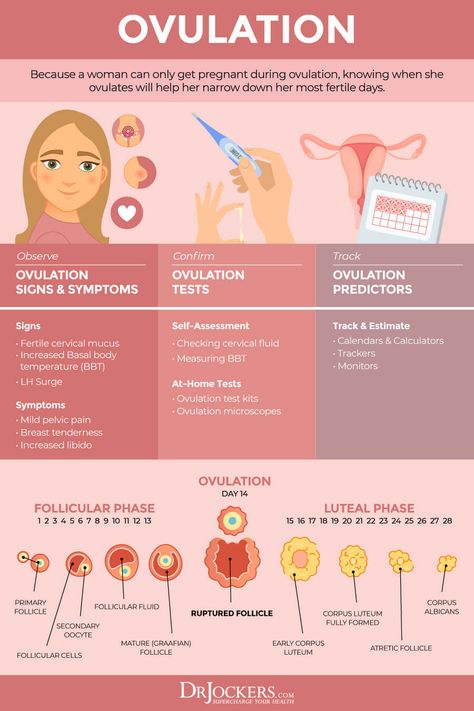 Such a “menstrual variant” of the kuvad syndrome has not yet been described in the literature. The mechanism of its appearance, like that of the typical couvade syndrome, seems to be analogous to hysterical transference, similar to the pains of sympathy mentioned above. nine0005
Such a “menstrual variant” of the kuvad syndrome has not yet been described in the literature. The mechanism of its appearance, like that of the typical couvade syndrome, seems to be analogous to hysterical transference, similar to the pains of sympathy mentioned above. nine0005
- Please give a specific example from your clinical observations.
— Patient O., aged 26, a teacher of the Russian language and literature by education. Married since 20 years. Heredity is not burdened. The only child in the family. Raised by his mother and grandmother, his father left the family when the child was 4 months old. Characterologically, the mother is a personality of a hysteroepileptoid warehouse, always very emotional, at the same time imperious to the point of cruelty and demanding to the point of pedantry. From childhood, the patient lived according to her laws, unquestioningly followed all her instructions and requirements, sacredly believed her in everything. Until now, he believes that it is sacrilege to doubt what his mother said. At the request of his mother, he entered the Pedagogical Institute, although he did not like his future specialty. In his third year, he married for love, but before that, for a year, he met a girl almost always in the presence of his mother. The bride and future mother-in-law got along well, and such a striking resemblance of both women allowed the patient to avoid the conflicts typical of such cases. nine0005
At the request of his mother, he entered the Pedagogical Institute, although he did not like his future specialty. In his third year, he married for love, but before that, for a year, he met a girl almost always in the presence of his mother. The bride and future mother-in-law got along well, and such a striking resemblance of both women allowed the patient to avoid the conflicts typical of such cases. nine0005
After the wedding, the patient discovered that his wife, like his mother, takes care of him like a big child, and she solves all problems herself, showing enviable determination, perseverance and perseverance. The wife suffered from frigidity, so her husband's premature ejaculation suited her perfectly, for which our patient simply idolized her. When she became pregnant, her husband received this news with great anxiety. The wife's pregnancy was difficult: from the first days, nausea, vomiting, lack of appetite, and pain in the stomach area were noted. In the fourth month of her pregnancy, her husband suddenly developed nausea and vomiting in the morning, followed by stomach pain. The patient decided that he had a peptic ulcer of the stomach or duodenum. He was examined by gastroenterologists, did a gastroscopy, but no pathology was revealed. Doctors suggested that the resulting disorder was due to nervousness, and advised her to drink tinctures of motherwort and valerian. Symptoms have eased somewhat. Later, the patient reported that his then condition was entirely determined by the well-being of his wife. At the same time, everything that the wife felt, our patient experienced to a much greater extent. If the wife had a single vomiting, then the husband had it indomitable and often lasted several hours. He was forced to see a therapist who diagnosed him with food poisoning and recommended hospitalization in an infectious disease hospital. The man's appetite was constantly absent, he often felt sick and vomited, and during his wife's pregnancy he lost 11 kg. nine0005
The patient decided that he had a peptic ulcer of the stomach or duodenum. He was examined by gastroenterologists, did a gastroscopy, but no pathology was revealed. Doctors suggested that the resulting disorder was due to nervousness, and advised her to drink tinctures of motherwort and valerian. Symptoms have eased somewhat. Later, the patient reported that his then condition was entirely determined by the well-being of his wife. At the same time, everything that the wife felt, our patient experienced to a much greater extent. If the wife had a single vomiting, then the husband had it indomitable and often lasted several hours. He was forced to see a therapist who diagnosed him with food poisoning and recommended hospitalization in an infectious disease hospital. The man's appetite was constantly absent, he often felt sick and vomited, and during his wife's pregnancy he lost 11 kg. nine0005
When the wife started prenatal contractions and the amniotic fluid broke before his eyes, after which the woman was taken to the maternity hospital, the future father's kuvad syndrome reached its limit. He rushed about the apartment in horror. It was at this moment that he first felt involuntary urination, after which there was a sharp sharp pain in the lower abdomen, so severe that, as he said, "he took his breath away." With suspicion of acute appendicitis, the patient was sent to a surgical hospital, from where he was released two hours later due to the absence of any surgical pathology and the disappearance of pain. But at home, this pain resumed and persisted until the man found out that his son was born. Five years later, our patient's wife became pregnant again, and again, in the fourth month of her pregnancy, he began to experience first morning sickness, then nausea, vomiting, and stomach pains. However, this time he already understood a certain connection between his wife's experiences and his own feelings, so he regularly visited a psychotherapist and took tranquilizers and antipsychotics prescribed to him. Before the birth of his wife, the patient doubled the dose of the drugs taken and experienced only a slight pain in the lower abdomen.
He rushed about the apartment in horror. It was at this moment that he first felt involuntary urination, after which there was a sharp sharp pain in the lower abdomen, so severe that, as he said, "he took his breath away." With suspicion of acute appendicitis, the patient was sent to a surgical hospital, from where he was released two hours later due to the absence of any surgical pathology and the disappearance of pain. But at home, this pain resumed and persisted until the man found out that his son was born. Five years later, our patient's wife became pregnant again, and again, in the fourth month of her pregnancy, he began to experience first morning sickness, then nausea, vomiting, and stomach pains. However, this time he already understood a certain connection between his wife's experiences and his own feelings, so he regularly visited a psychotherapist and took tranquilizers and antipsychotics prescribed to him. Before the birth of his wife, the patient doubled the dose of the drugs taken and experienced only a slight pain in the lower abdomen. nine0005
nine0005
In this case, we made a diagnosis of hysterical neurosis. It followed from the presence of a specific psycho-traumatic situation caused by the wife's pregnancy, from the trigger mechanism of the unconscious phenomenon of psychological transference and neurotic symptoms of the hysterical circle. Characteristically, this psychological transfer turned out to be not only sufficiently complete, but also excessive. With the resolution of the traumatic situation (successful birth of the wife), all the symptoms completely disappeared. nine0005
— What to do with such patients?
— Relieve internal stress. Everything comes from the head. Of course, in such a situation there is also a positive moment - to take part of the wife's pain on yourself, but otherwise ... In the West, a woman often gives birth in the presence of her husband, this is already practiced in our country. And if a young person has kuvad syndrome? I think that the husbands of women in labor should definitely be examined, because the men themselves will not turn to a psychiatrist, they do not consider themselves mentally ill.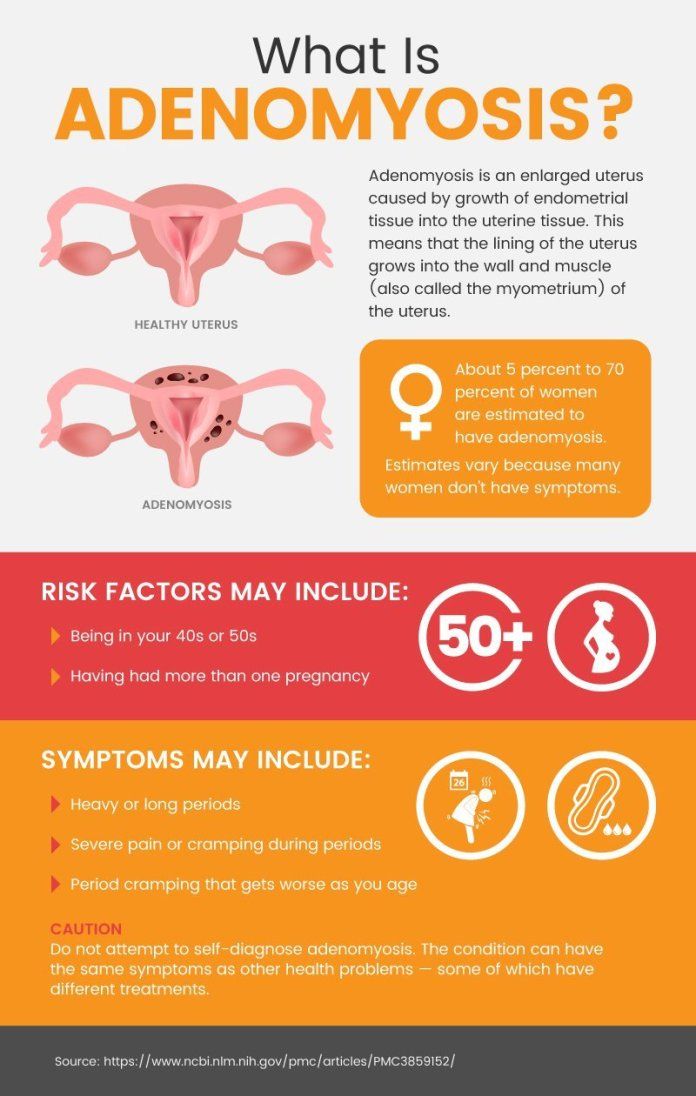 nine0005
nine0005
Such a person should be prescribed sedatives and recommended psychotherapy, which consists in the main thing: explanation, explanation and more explanation. Unfortunately, our doctors are still unfamiliar with such an unusual disease as couvade syndrome, which, in my opinion, is now necessary to know not only psychiatrists, but also surgeons, infectious disease specialists, obstetricians and gynecologists.
- Draskau MK., Rosenmai AK., Scholze M., Pedersen M., Boberg J., Christiansen S., Svingen T. Human-relevant concentrations of the antifungal drug clotrimazole disrupts maternal and fetal steroid hormone profiles in rats. // Toxicol Appl Pharmacol - 2021 - Vol - NNULL - p.115554; PMID:33910022
- Gürler EB., İriboz E., Kaya ÖTÇ., Türkaydin D., Öveçoğlu HS. Acute dental pain elevates salivary oxytocin in women: a risk factor during pregnancy. // Gen Dent - 2021 - Vol69 - N3 - p.73-77; PMID:33908883
- Pérez Corral O., Danet Danet A. [Gender analysis of the Spanish Fertility Survey 2018].
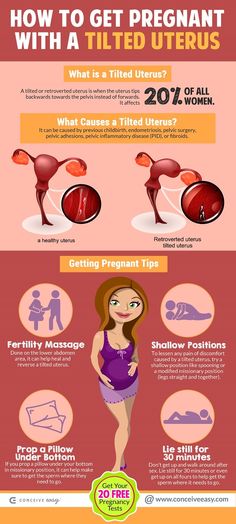 // Gac Sanit - 2021 - Vol - NNULL - p.; PMID:33906792
// Gac Sanit - 2021 - Vol - NNULL - p.; PMID:33906792 - Olmos-Ortiz A., Olivares-Huerta A., García-Quiroz J., Zariñán T., Chavira R., Zaga-Clavellina V., Avila E., Halhali A., Durand M., Larrea F., Díaz L. Placentas associated with female neonates from pregnancies complicated by urinary-tract infections have higher cAMP content and cytokines expression than males. // Am J Reprod Immunol - 2021 - Vol - NNULL - p.e13434; PMID:33905581
- Santymire RM., Adkin A., Bernier D., Hill B. Validating the use of fecal glucocorticoid metabolite analysis to assess the adrenocortical activity of the zoo-housed Sichuan takin (Budorcas taxicolor tibetana). // Zoo Biol - 2021 - Vol - NNULL - p.; PMID:33905549
- Archiza B., Leahy MG., Kipp S., Sheel AW. An integrative approach to the pulmonary physiology of exercise: when does biological sex matter? // Eur J Appl Physiol - 2021 - Vol - NNULL - p.; PMID:33903937 nine0059 Bartolone S., Mayrovitz HN. Intrahepatic Cholestasis of Pregnancy: Role of Baby's Sex on Itch Severity and Bile Acid Levels.
- Luo M., Jiang YL., Yao FX., Tian QJ. [Pilot study of genetic counseling and prenatal diagnosis in androgen insensitivity syndrome: with 3 families reports]. // Zhonghua Fu Chan Ke Za Zhi - 2021 - Vol56 - N4 - p.251-256; PMID:33902236
- Song TY., Deng J., Fang F., Chen CH., Wang XH., Wang X., Zhuo XW., Dai LF., Wang HM., Tian XJ. [The etiology of 340 infants with early-onset epilepsy]. // Zhonghua Er Ke Za Zhi - 2021 - Vol59- N5 - p.387-392; PMID:33902223
- Karim SI., Irfan F., Saad H., Alqhtani M., Alsharhan A., Alzhrani A., Alhawas F., Alatawi S., Alassiri M., M A Ahmed A. Men's knowledge, attitude, and barriers towards emergency contraception: A facility based cross-sectional study at King Saud University Medical City. // PLoS One - 2021 - Vol16 - N4 - p.e0249292; PMID:33
4
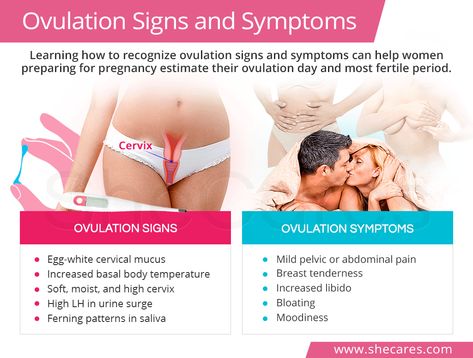 // Cureus - 2021 - Vol13 - N3 - p.e14089; PMID:33903845
// Cureus - 2021 - Vol13 - N3 - p.e14089; PMID:33903845 congratulations, you have a pregnant husband! - Blog - Pregnant dad - TV channel Yu
reality
Pregnant dad
#reality #pregnancy #relationship #psychology
16+
Back to blog
04.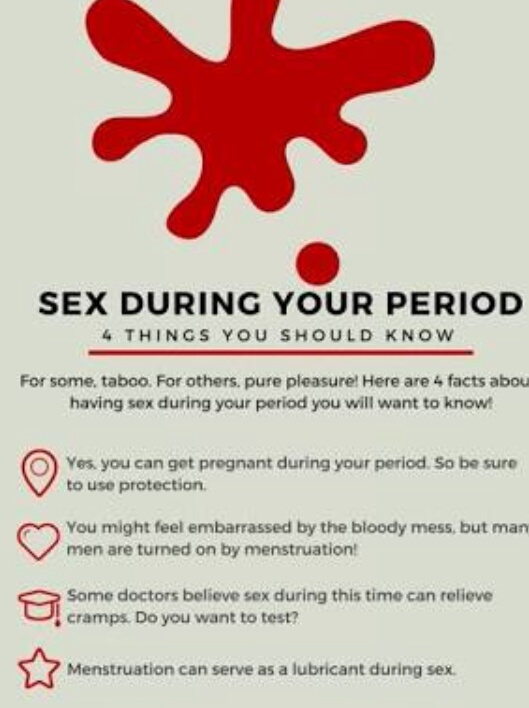 10.17
10.17
15660
A rare woman during pregnancy did not dream that her husband at least once felt all the “charms” of bearing a child. And it turns out that this is quite possible: some men can actually feel the state of a pregnant wife - this is called the kuwad syndrome. nine0005
The name of the syndrome comes from the French couver - "to hatch chicks." This is the name of a mixture of psychogenic and psychosomatic disorders in young men whose wives are expecting their first children. The disorder is expressed in the fact that men literally mirror the state of their wife: her eating behavior changes and she considers herring with strawberries to be the food of the gods - her husband too; she is sick in the morning - her husband is the same; she suffers from a divergence of the pelvic bones - the husband is writhing in pain. nine0005
What are the symptoms?
The main symptoms of this unusual disease are very similar to what a woman experiences throughout pregnancy and in certain trimesters. These are weakness, changes in appetite, daily nausea - sometimes on an empty stomach, and sometimes at the sight or smell of certain foods - bowel problems, pain in the lower abdomen and lower back, psychogenic toothache, as well as the so-called "pains of empathy" or "pains of sympathy." The latter are expressed in the fact that the husband has unusual sensations localized in the same place as his pregnant wife. Yes, yes, it may seem to him that the child is pushing inside him! nine0005
These are weakness, changes in appetite, daily nausea - sometimes on an empty stomach, and sometimes at the sight or smell of certain foods - bowel problems, pain in the lower abdomen and lower back, psychogenic toothache, as well as the so-called "pains of empathy" or "pains of sympathy." The latter are expressed in the fact that the husband has unusual sensations localized in the same place as his pregnant wife. Yes, yes, it may seem to him that the child is pushing inside him! nine0005
At the same time, the husband turns into a real bitch and hysteria: he is capricious, becomes discouraged, gets annoyed over trifles. He begins to have insomnia, he becomes selfish and intolerant of other people's opinions. It is interesting that men with this syndrome are naughty much more than pregnant women. Which, by the way, such a sick husband will ruffle his nerves well.
Men in 99.9% of cases perceive the syndrome as some other disease. Indeed, few people can come up with the idea of male “pregnancy”. Only a careful anamnesis and the chronological coincidence of male symptoms with the condition of their wives allow a correct diagnosis to be made. Most often, unfortunate men in vain drink painkillers and pills for gastritis and intestinal colic. nine0005
Only a careful anamnesis and the chronological coincidence of male symptoms with the condition of their wives allow a correct diagnosis to be made. Most often, unfortunate men in vain drink painkillers and pills for gastritis and intestinal colic. nine0005
Who is sick?
Doctors say that 11% of young men, that is, one in nine, have experienced couvade syndrome to some extent. And individual symptoms are even more common: for example, in America they are found in 40% of men examined during the pregnancy of their wives. Usually these are men aged 21-27 who are married for the first time and are expecting the birth of their first child. In addition, they are united by an infantile-hysterical psychotype, a high level of stress and a well-developed transfer mechanism, it is thanks to him that men "mirror" the state of their wives. nine0005
It is characteristic that all these men were brought up in purely matriarchal families, where the role of the father is minimal and is reduced only to procreation.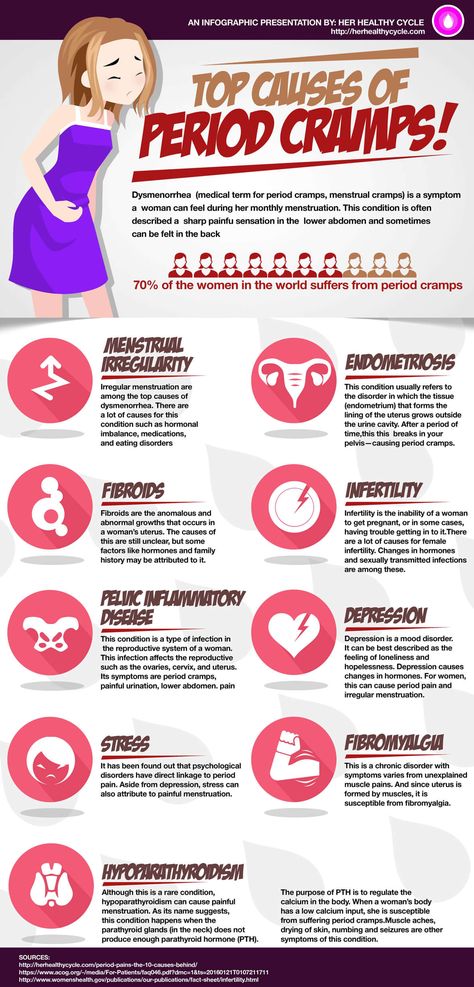 Therefore, when assessing new circumstances, future patients, often suffering from an inferiority complex, were guided by an imperious mother, even married, at her behest, to girls who were very similar to their parent. Therefore, men in their families were on the sidelines and did not even think of taking the reins of government into their own hands. nine0005
Therefore, when assessing new circumstances, future patients, often suffering from an inferiority complex, were guided by an imperious mother, even married, at her behest, to girls who were very similar to their parent. Therefore, men in their families were on the sidelines and did not even think of taking the reins of government into their own hands. nine0005
What to do?
Only psychologists and psychiatrists can help men with kuvad syndrome, because everything comes from the head. Specialists prescribe sedatives and find the hidden cause of the disease, relieve neurosis and suggest how men can survive this time without harming themselves and loved ones. By the way, largely because of this, doctors are not happy with the presence of her husband during childbirth - okay, he will vomit, but what if he has this syndrome? A "giving birth" man will not help his wife nearby at all. nine0005
Although in ancient times, some peoples had a special ritual: during the birth of a wife, a man lay down on a bed, refused food and water, and with all his might “suffered” with screams and body movements imitating childbirth.



